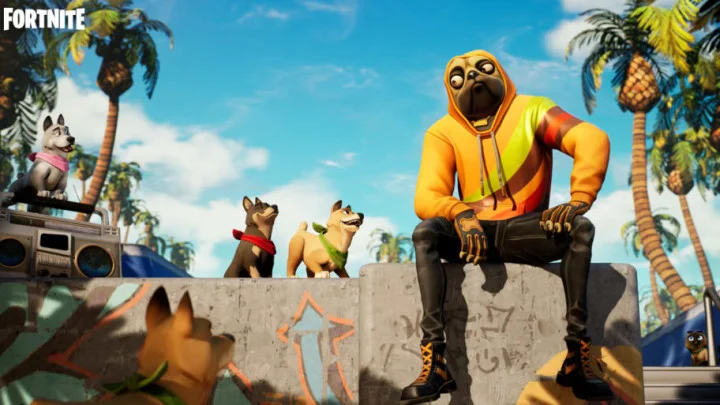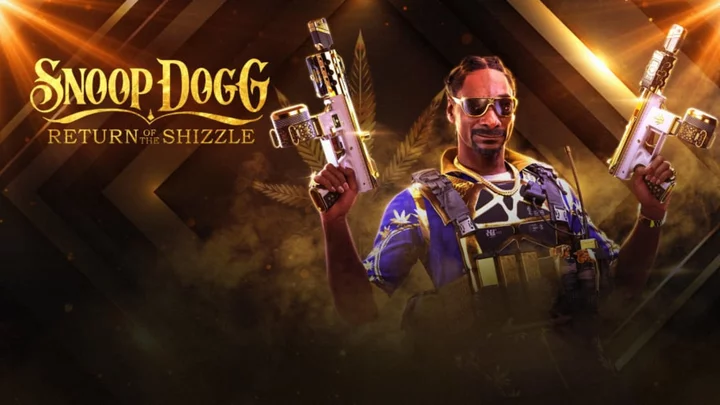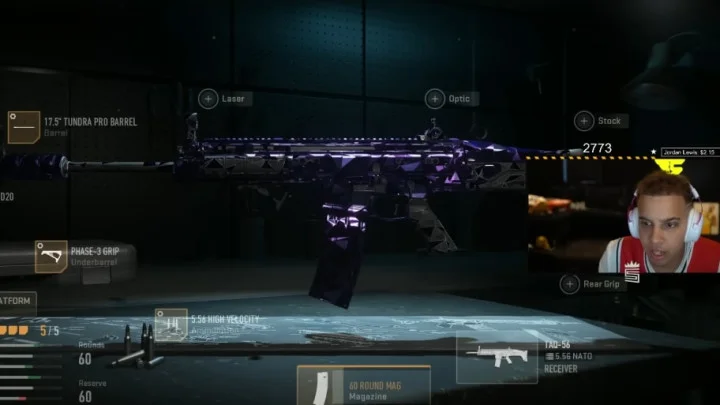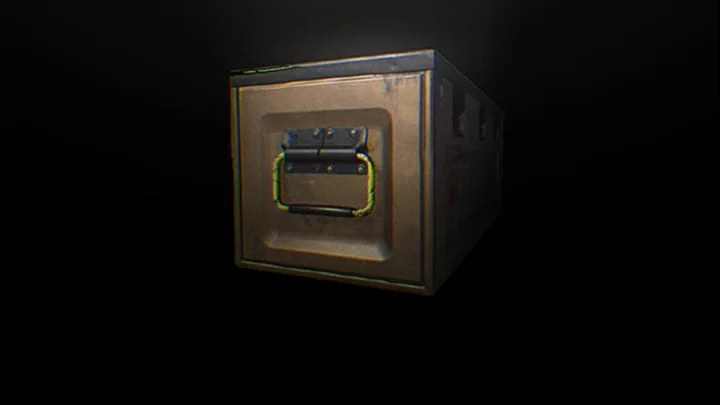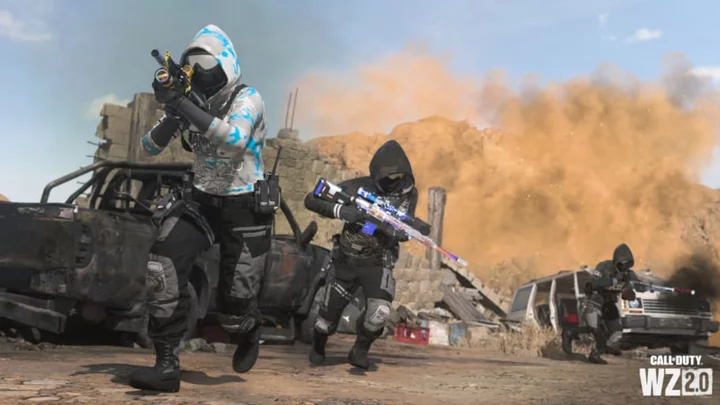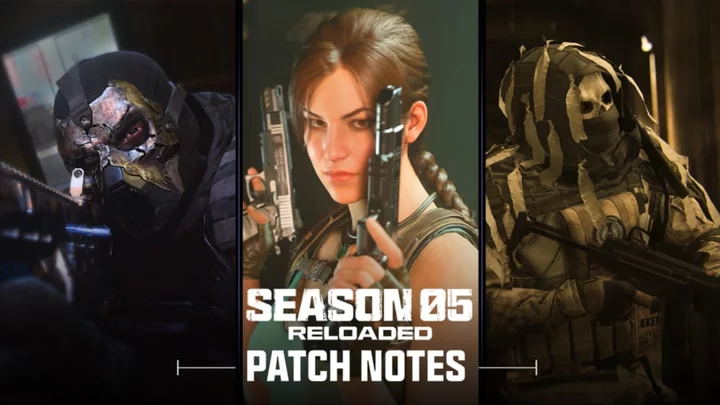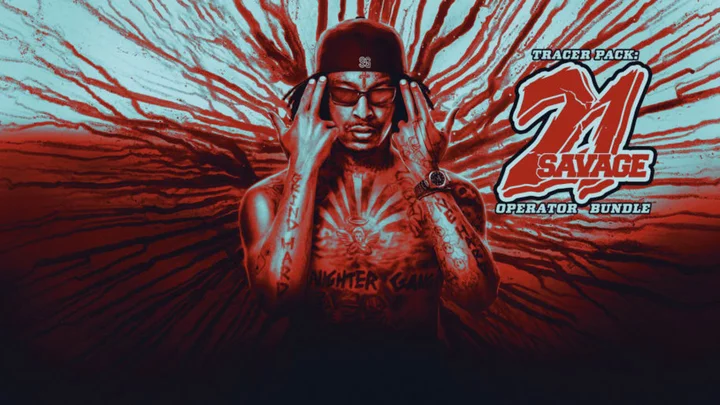It’s the middle of the pandemic and you’ve been forced inside all day. You text your friends and start playing some of your favorite online games together. In the past, some friends wouldn't have been able to join in with these games because they were too expensive. But with free games like Fortnite, Warzone and Apex not one person missed out and everyone could enjoy them together.
Only a few years ago, free-to-play games were hardly ever seen, and those that were often proved unpopular and lacking the same quality as paid games. Most games were only available in-store, and for a price. Nowadays, video game stores are becoming obsolete, and the most popular games are available for free.
But when and why did this all start? Well, this burst in popularity for free-to-play games started around 2017. While free games existed beforehand, the one that started this revolution was Fortnite.
The Fortnite Revolution and the Numbers
The start of Fortnite wasn’t what we all know it as today. Fortnite began as a paid game only. Its singular available game mode was Save the World, with Battle Royale yet to be released. There was some following to Save the World, but nothing groundbreaking. It was the game's free-to-play Battle Royale mode that saw Fortnite become a cultural phenomenon.
Along with starting the revolution of battle royale-esque games, Fortnite was the first free game that saw a massive player base. Even today, the player count remains upwards of 250 million.
As fans enjoyed the hit new game, others tried to follow. A few years after Fortnite, a new game came out called Apex Legends. A year after that, Call of Duty decided to get involved with free-to-play games. and rolled out Warzone. Each of these games all saw success with the free-to-play formula. First, we’ll take a look at Apex.
Apex has a player count of about 100 million registered accounts. In the last 30 days, Apex has seen an average player count of about 217,116 players. Compared to Apex’s numbers, Warzone’s are even more impressive. Since December of 2020, each month Warzone has seen about 45-50 million average players. Their best month actually came in February of 2022, which saw an average of 60 million players.
The Domino Effect
Let’s take a break from numbers and start to look at the domino effect, referring to games that previously were pay-to-play, but changed after the success of Fortnite.
Rocket League, for example, was released in July 2015. At the time, Rocket League was still a pay-to-play game for the price of $19.99. In May of 2019, Epic Games purchased Rocket League and, over a year from then, Rocket League went fully free-to-play.
Following a peak at around 120,000 players a day in March of 2020, Rocket League suffered a big drop. By September of that same year, Rocket League was down to about 70,000 players a day. By the end of that month, Rocket League announced that it was going free-to-play. In just one month, Rocket League doubled its player total to 147,000 daily players.
Counter-Strike: Global Offensive, or CS:GO, followed a very similar path. Back when CS:GO was released in August 2012, the price was $15. Although never truly experiencing low numbers, CS:GO experienced a dip at 420,000 daily players in June of 2018. Six months later, Valve relaunched CS:GO as a free-to-play game. At that point, the number of daily players nearly doubled to 745,000, the highest in over a year.
This transition worked out for both of these games. They experienced popularity early on in their life spans and then that popularity plateaued. In order to boost their game and become popular once again, they transitioned to free-to-play. And we all know what happened after. Rocket League is one of the most popular games and CS:GO is the most played game on Steam.
Some other games that experienced success after the transition to free-to-play are Team Fortress 2, Destiny 2, PlayerUnknown's Battle Ground and Fall Guys. All popular games that became even more popular once they removed the paywall.
The Effects of Free-to-Play
“I would be more likely to play with people that I didn't know as well just because they were on the same game,” said Jason Hildebrant, a student at the University of Vermont and avid video game player. These games have allowed for not only an increased player base but an increase in relationships.
Although this is true with pay-to-play games, the number of new friendships that are caused by free-to-play games is outstanding. Sometimes people don’t want to buy a new game immediately after it launches, causing them to miss out on playing with their friends. But if that same game was free, then they would be right there with them from the start.
Free-To-Play and Streaming
Over the past few years, streaming has really taken off. Streaming used to be reserved for select gaming and tech enthusiasts. Nowadays, anybody can be a streamer, using Twitch as the primary hub to create and stream content.
Streaming is also another way that some of these free-to-play games become popular. Back during the pandemic, Warzone was the big hit on Twitch. Streamer NICKMERCS would be play every day, receiving upwards of one hundred thousand viewers daily.
For the most part, around that hundred thousand mark would qualify you as one of the top streamers. But one day in October of 2020, New York Representative Alexandria Ocasio-Cortez and Minnesota Representative Ilhan Omar streamed a game of Among Us with some other popular streamers. At the time, the game was made free-to-play, and the stream received a mind-boggling total of 439,000 viewers.
This sort of outreach could not have happened without the help of free-to-play games. Both Ocasio-Cortez and Omar were able to utilize a free game to help spread messages and show that politicians can play these games just like all of us.
A Streamers Point of View
Streaming and streamers today would not be where they are without the work of free-to-play games, pushing many streamers and platforms into the public eye.
Twitch Streamer and TikTok content creator SallyIsADog was able to answer a few questions about how free-to-play games have affected his career.
“I would say the shift has been net-positive for me as a streamer. Before F2P games were a mainstream thing (thank you Fortnite) the player base and audience were limited to who could afford to pay $60+ dollars for a game.”
For comparison, the player base for a game like MLB The Show is much smaller than a game like Rocket League. Each year a new MLB The Show drops and players have to spend another $60 on the latest iteration. Compare that to a game like Rocket League, which is free and has no need for a sequel. These games often only need to be purchased/downloaded once and, as a result, tend to have much larger fan bases than the more expensive game.
One question that is on the mind of many free-to-play gamers is, will these games ever go back to being pay-to-play? Most likely, no. Once these games made the switch to free-to-play, the benefits seem to far outweigh the cons. Fan bases increased in size, and with increased popularity, these games have the chance to start collaborations.
“Once you give someone a thing for free, it’s awfully hard to make them pay again. I also think there’d be competitive pressure in the gaming industry to prevent that.”
Collaborations
But what is it about these games that make players come back over and over again? Collaborations.
Collaborations have become a crucial topic in free-to-play games, giving free games a chance to earn money. A prime example of this can be seen in Fortnite.
Fortnite over the years has gained an impressive collection of collaborations. They have cosmetics for Marvel and DC Super Heroes, Star Wars, The NFL, John Wick, The Dragon Ball Z Franchise, and even athletes like LeBron James and Patrick Mahomes. And these don’t even scratch the surface.
When Fortnite offers these collaborations players are drawn to them. When they see a collaboration of a franchise they are a fan of, they want to purchase it. For example, if a Star Wars fan sees that there is a Stormtrooper skin in the store they are instantly drawn to it. They buy some V-bucks and make the in-game purchase.
The popularity surrounding Fortnite can be partially accredited to these Collaborations. Let’s compare Fortnite and PUBG. Both are Battle Royales that came out in 2017. Since July 2020, PUBG has maintained around 200,000 daily players. Earlier we discussed Fortnite’s numbers and can see the difference. PUBG hasn’t established nearly as many collaborations as Fortnite has.
Some other games have made use of collaborations. Rocket League has partnered with the WWE and various car companies, while Warzone released Rambo and Die Hard collaborations.
The Wrap Up
Free-to-play games have created a whole new side to the gaming industry. Instead of capitalizing on sales, they create a wide player base. Once they have the player base and popularity, the collaborations and the ways to earn money off the games become apparent.
It’s unlikely that we will ever see the end of this free-to-play surge. But with many new games on their way out, it is exciting to see where the gaming industry as a whole is heading towards.
This article was originally published on dbltap as The Rise of Free-to-Play Games.

